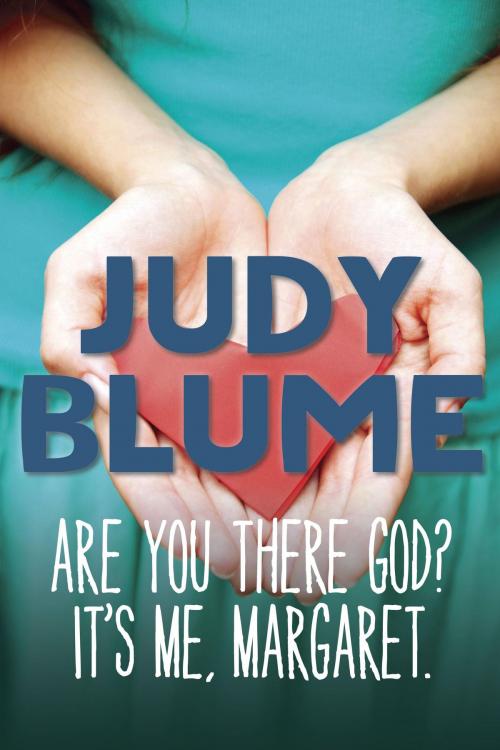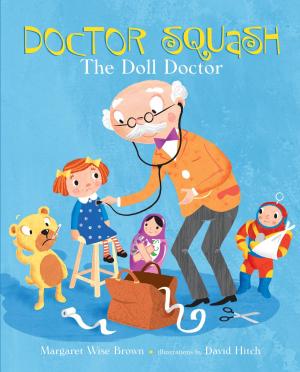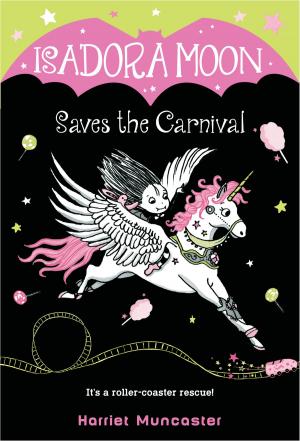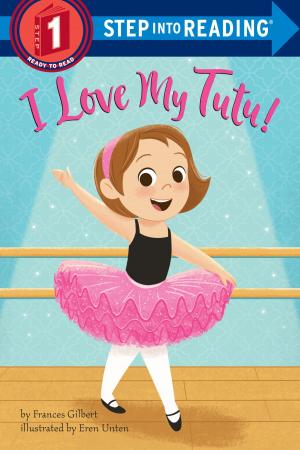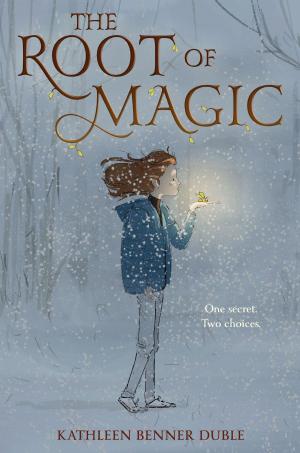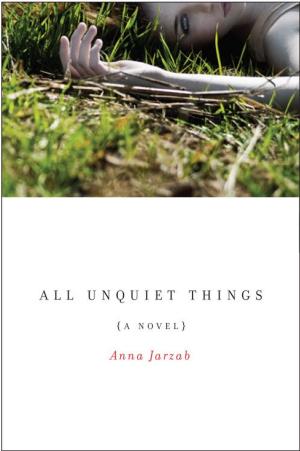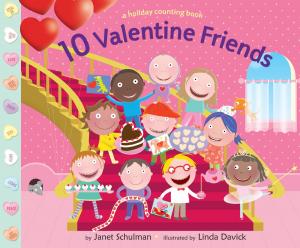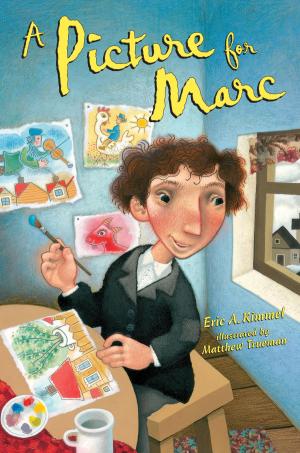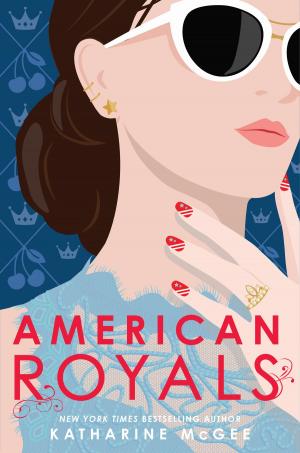| Author: | Judy Blume | ISBN: | 9780307817747 |
| Publisher: | Random House Children's Books | Publication: | March 21, 2012 |
| Imprint: | Delacorte Books for Young Readers | Language: | English |
| Author: | Judy Blume |
| ISBN: | 9780307817747 |
| Publisher: | Random House Children's Books |
| Publication: | March 21, 2012 |
| Imprint: | Delacorte Books for Young Readers |
| Language: | English |
The beloved coming-of-age novel from the author whose “name has long been synonymous with young adult fiction” (Los Angeles Times).
“Are You There God? It’s Me Margaret is very special.” —Amy Poehler (Vulture)
“Generations of teenage girls have grown up reading the tales of teenage angst told by beloved author Judy Blume.” —Mashable
Margaret Simon, almost twelve, has just moved from New York City to the suburbs, and she’s anxious to fit in with her new friends. When she’s asked to join a secret club she jumps at the chance. But when the girls start talking about boys, bras, and getting their first periods, Margaret starts to wonder if she’s normal. There are some things about growing up that are hard for her to talk about, even with her friends. Lucky for Margaret, she’s got someone else to confide in . . . someone who always listens.
“The first Judy Blume books I read. . . served as a kind of introduction to myself.” —John Green quoted in The New York Times
“Mention Judy Blume to almost any woman under a certain age and you're likely to get this reaction: Her face lights up, and she's transported back to her childhood self — curled up with a book she knows will speak directly to her anxieties about relationships, self-image and measuring up.” —NPR
“Fans, readers, booksellers — even other authors and celebrities — often dissolve into tears upon meeting [Judy Blume], confessing that books like “Forever ... ” and “Are You There, God? It’s Me, Margaret” got them through adolescence; taught them about sex, love and friendship; and provided their first glimpse of adulthood.” —The New York Times
“Blume wasn’t the first writer to legitimize and celebrate the interior life of young girls. . . . But Blume’s work feels significantly more influential than that of her predecessors and peers.” —The New Yorker
“These stories belong to young women. Real young women.” —Diablo Cody, Entertainment Weekly
The beloved coming-of-age novel from the author whose “name has long been synonymous with young adult fiction” (Los Angeles Times).
“Are You There God? It’s Me Margaret is very special.” —Amy Poehler (Vulture)
“Generations of teenage girls have grown up reading the tales of teenage angst told by beloved author Judy Blume.” —Mashable
Margaret Simon, almost twelve, has just moved from New York City to the suburbs, and she’s anxious to fit in with her new friends. When she’s asked to join a secret club she jumps at the chance. But when the girls start talking about boys, bras, and getting their first periods, Margaret starts to wonder if she’s normal. There are some things about growing up that are hard for her to talk about, even with her friends. Lucky for Margaret, she’s got someone else to confide in . . . someone who always listens.
“The first Judy Blume books I read. . . served as a kind of introduction to myself.” —John Green quoted in The New York Times
“Mention Judy Blume to almost any woman under a certain age and you're likely to get this reaction: Her face lights up, and she's transported back to her childhood self — curled up with a book she knows will speak directly to her anxieties about relationships, self-image and measuring up.” —NPR
“Fans, readers, booksellers — even other authors and celebrities — often dissolve into tears upon meeting [Judy Blume], confessing that books like “Forever ... ” and “Are You There, God? It’s Me, Margaret” got them through adolescence; taught them about sex, love and friendship; and provided their first glimpse of adulthood.” —The New York Times
“Blume wasn’t the first writer to legitimize and celebrate the interior life of young girls. . . . But Blume’s work feels significantly more influential than that of her predecessors and peers.” —The New Yorker
“These stories belong to young women. Real young women.” —Diablo Cody, Entertainment Weekly
